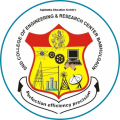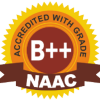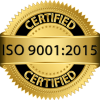MECHANICAL DEPARTMENT
Vision & Mission
Mechanical Department
Mechanical Student Association
To create multifaceted engineers ready to serve the nation and the world.
M1: To Transform lifestyle of rural learners through technical knowledge.
M2: To develop innovative technologies with social responsibility.
M3: To build a future of technological enhancement for global competence.





